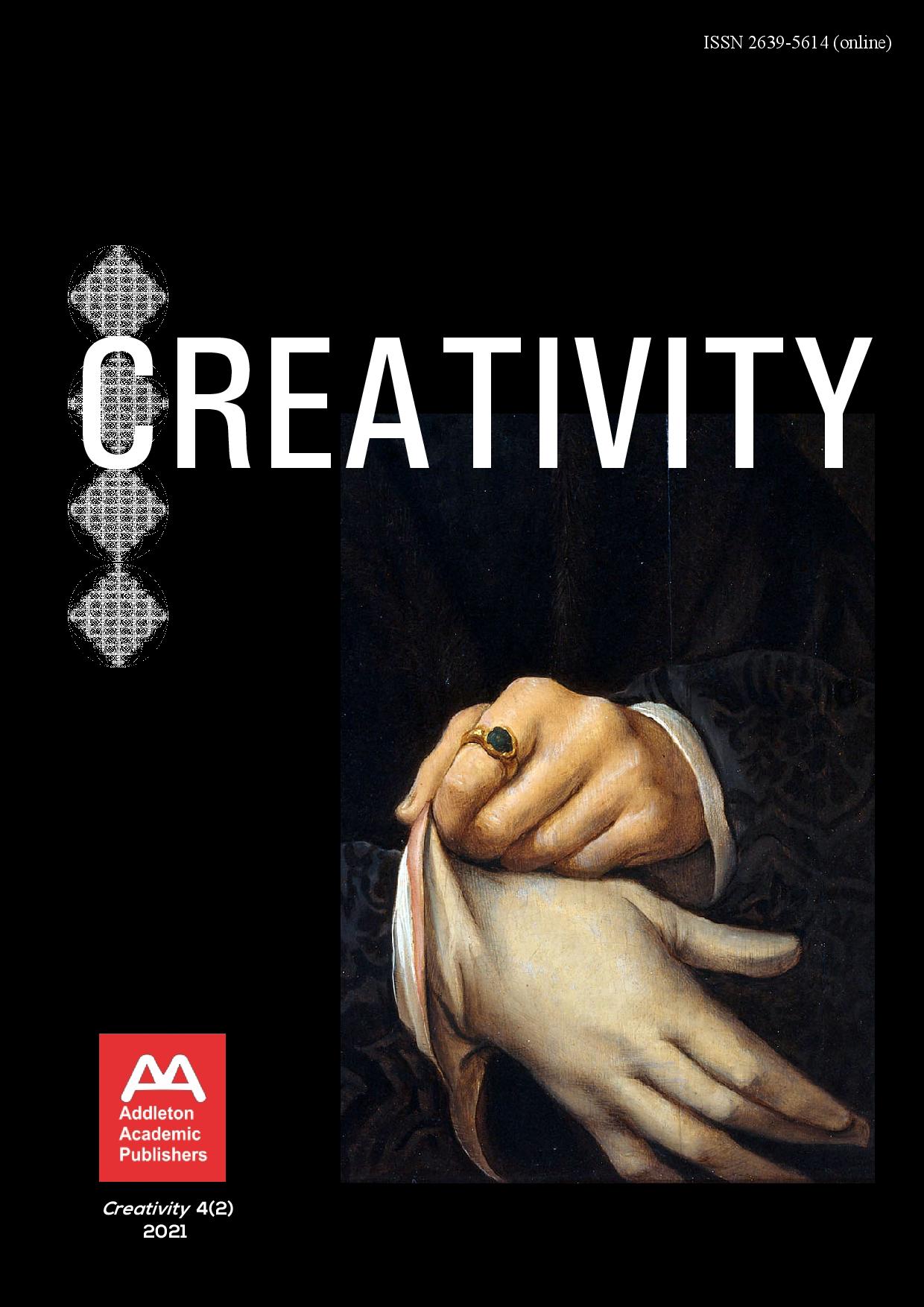The call of the South: Italy and happiness in German travel writing of the eighteenth to twentieth centuries – Goethe, Seume, Bierbaum
The call of the South: Italy and happiness in German travel writing of the eighteenth to twentieth centuries – Goethe, Seume, Bierbaum
Author(s): Elmar SchenkelSubject(s): Cultural history, Fiction
Published by: Addleton Academic Publishers
Keywords: Italy; German travel writing; Goethe; Seume; Bierbaum; South; walking; automobile journey
Summary/Abstract: This essay looks at three samples from German travel writing: Johann Wolfgang Goethe (1749–1832), Johann Gottfried Seume (1763–1810) and Otto Julius Bierbaum (1865–1910), because they represent significant stages in the development of German travel writing about Italy. Goethe’s Italian journey is a hallmark of German literature, and in the German-Italian relationship it has advanced to a proper lieu de mémoire. Johann Gottfried Seume was a Republican author who walked on foot from Leipzig to Syracuse (Sicily) and paid much more attention to social and political realities than Goethe. Furthermore, he reflects on the bodily sensation of walking and thus turns it into an art of observation of self and its (historico-political) environment. The least-known of the three is Otto Julius Bierbaum, a prolific writer who represents the traveler as automobilist reflecting on all kinds of previous journeys to Italy. He also sees the signs of mass tourism and thus his account becomes a bridge between individual travel and modern package tours.
Journal: Creativity
- Issue Year: 4/2021
- Issue No: 2
- Page Range: 157-171
- Page Count: 15
- Language: English
- Content File-PDF

